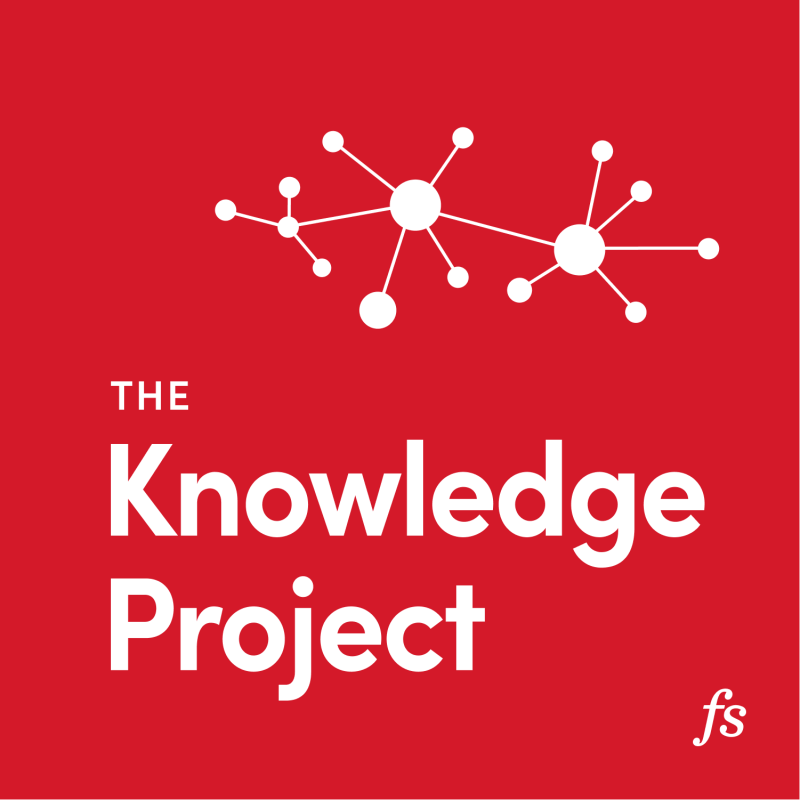Two-time NY Times best-selling author and Harvard Law School lecturer Sheila Heen makes tough talks easier by breaking down the three layers that make up every difficult conversation.
Listen on: YouTube | Apple Podcasts | Spotify | Transcript
My guest today is Sheila Heen. Sheila is one of the world’s foremost negotiation and conflict resolution experts. She has been a member of the world-renowned Harvard Negotiation Project for over two decades, has lectured at Harvard Law School since 1995, and is a co-founder of the Triad Consulting Group.
With all her free time, she has also co-authored two New York Times best-selling books: Difficult Conversations: How to Discuss What Matters Most and Thanks for the Feedback: The Science and Art of Receiving Feedback Well.
In this discussion, Sheila dissects the three layers of every difficult conversation, shares powerful insights to ensure effective communication, and explains how we may be inadvertently teaching our kids terrible negotiation tactics (and what to do instead).
Here are a few highlights from our conversation:
All of us have been negotiating since we were kids. So everybody is an experienced negotiator, but you’re not necessarily a good negotiator because you’ll tend to just repeat the strategies that were successful for you even into adulthood, right? So, your strengths get stronger and your capabilities get deeper, but they don’t necessarily get broader.
We assume that persuasion is about talking, when actually the most persuasive strategy that you can take is a listening strategy for a couple of reasons. Really good listening means you’re learning a ton about not just what is under people’s positions.
When I least want to listen and when I’m most frustrated, I need to actually lean into the conflict to understand it better, and understand their perspective better first, even though they still don’t get my perspective. If I can train myself to do that, which is counter-instinctual, then I’m going to be effective in the moments where it matters most.
Your first negotiation is really with yourself, to move from being focused on what I’m right about to starting to be a little bit curious about why we see this so differently.
Interests are feelings. What people care about, what people worry about. If we’re going to get this deal done, you’ve got to respond to what people worry about, care about, can get excited about, can get on board with, how much risk they’re willing to tolerate — those are all related to emotion and relationships.
The way to introduce feelings, you can do two things. One is listen for the feeling that they’re expressing, maybe through being emotional or translating it into blame and accusations, and just name that and acknowledge it and ask them about it. The second thing that you can do is share a little bit about how you’re feeling by describing it.
If a conversation feels difficult, there’s often something about identity, something that situation suggests about you, that raises the stakes on the whole conversation. That’s part of the anxiety that then drives the intensity of the feelings. Those feelings color our story about what happened, and what should happen in the future.
I’ve been thinking a lot in the last few years about what is it that I want my kids to be able to do. I want my kids to be able to see someone else’s point of view even when they feel strongly the other way. I want them to take responsibility for what they contribute to the problem, to own their part and to apologize and work to fix it.
It’s not just that people have difficult conversations in their relationships, in important ways, those conversations are the relationship. If we handle them well, the relationship will strengthen and thrive, and if we don’t handle them well, the relationship starts to deteriorate.
If I shift my purpose in the conversation from getting them to change or getting them to apologize to just understanding better what’s going on — that conversation is much more likely to be fruitful.

